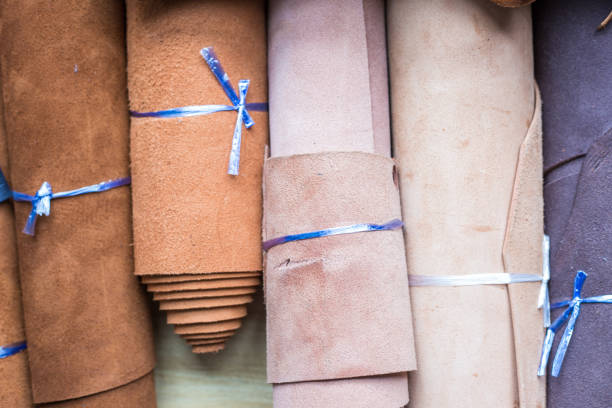You already know that your ethical fashion choices significantly impact animal welfare. Guess what? The Copenhagen Fashion Summit 2017 report has revealed a pretty important truth.
It was inevitable. The report confirms that faux leather is a less harmful fabric in the fashion industry. This is a reason to be excited.
We now know that all pro-leather arguments have been discredited.
Report that redefines the Leather Debate
The super-long 2017 Fashion Industry Report may not have the most catchy title, but the information it contains is precious. This 105-page report includes a gem. It compares the environmental impact of synthetic leather and other textiles with animal leather.
Let’s say it. This is a game changer, ethically. We know that ethical decisions are essential. We now have hard facts about the environment and real-life evidence to support our moral choices.
The ill-informed leather argument is now dead.
Animal Leather and Our Sweet Earth
Animal leather enthusiasts have always argued that:
This is where the point is completely off. This report explains that synthetic (vegan) leather is far less environmentally harmful than animal leather.
Cow leather is the least eco-friendly of the five materials used in fashion.
The study, titled “Cradle-to-Gate Environmental Impact,” compared the impact of each fiber on global warming, chemistry, water scarcity, and other factors. There was a clear winner. Cow leather was the most harmful fiber out of all.
As we continue to dig, we find that a recent report, Sustainable Apparel Material, from the Massachusetts Institute of Technology, estimates the global impact of leather annually at approximately 130 MT CO2e. The annual emissions from animal leather are the same as those of 30 million passenger cars. Just let that sink in.
We’re confident that, as conscious consumers, you will also appreciate the power of these findings. Your choices will bring you good karma and leave a smaller eco-footprint in the world.
Animal leather has been suspected of significantly contributing to global climate change, resource depletion, and water scarcity, among other harmful factors. Now that we have the facts at our fingertips, we can be confident that our faux-leather choices are having a much smaller impact.
The Smarter Way to Design
The 2017 Pulse Of The Fashion Industry report shows that ethical decisions made during the design phase significantly impact the fashion industry’s sustainability. Faux leather not only reduces the use of water, chemicals, and waste but also has a positive impact on eco-footprints.
The Verdict
Animal leather is now known to be the most toxic textile. While faux (vegan leather) isn’t perfect, it is far superior to animal leather. This shows that using animal leather in fashion is not justified.
Your ethical options are limitless with the variety of faux leathers, which vary in eco-friendliness. We have curated an array of leather alternatives at Ethical Gallery so you can add ethical pieces without compromising aesthetics or ethics.

